Alex Photovoltaic Solar Complex
- Brazil
- Solar
- Local impact
- New plant

Besides promoting more sustainable solutions in every aspect of their operations, NXP is also fully committed to a number of different sustainability and ESG related targets. In 2022, NXP published their carbon neutrality commitment and submitted a commitment letter to the Science Based Targets initiative (SBTi), and developed a comprehensive roadmap for their path to a more sustainable way of operating. In 2022, NXP had a total of 35% renewable energy use, with a 50% target set for 2027. Likewise, their 2027 target of 35% reduction in scope 1 and 2 carbon footprint (2021 Baseline) is supported by procuring EACs from World Kinect Energy Services from power producers in China, Thailand, Malaysia and Norway.

The production of renewable electricity is certified by Energy Attribute Certificates (EACs). These are the accepted legal instrument through which claims of renewable energy generation and consumption are substantiated in the global renewable energy market. There are different types of EAC for different regions of the world, and they are all in compliance with the quality criteria set by the Greenhouse Gas Protocol in the latest Scope 2 guidance document.
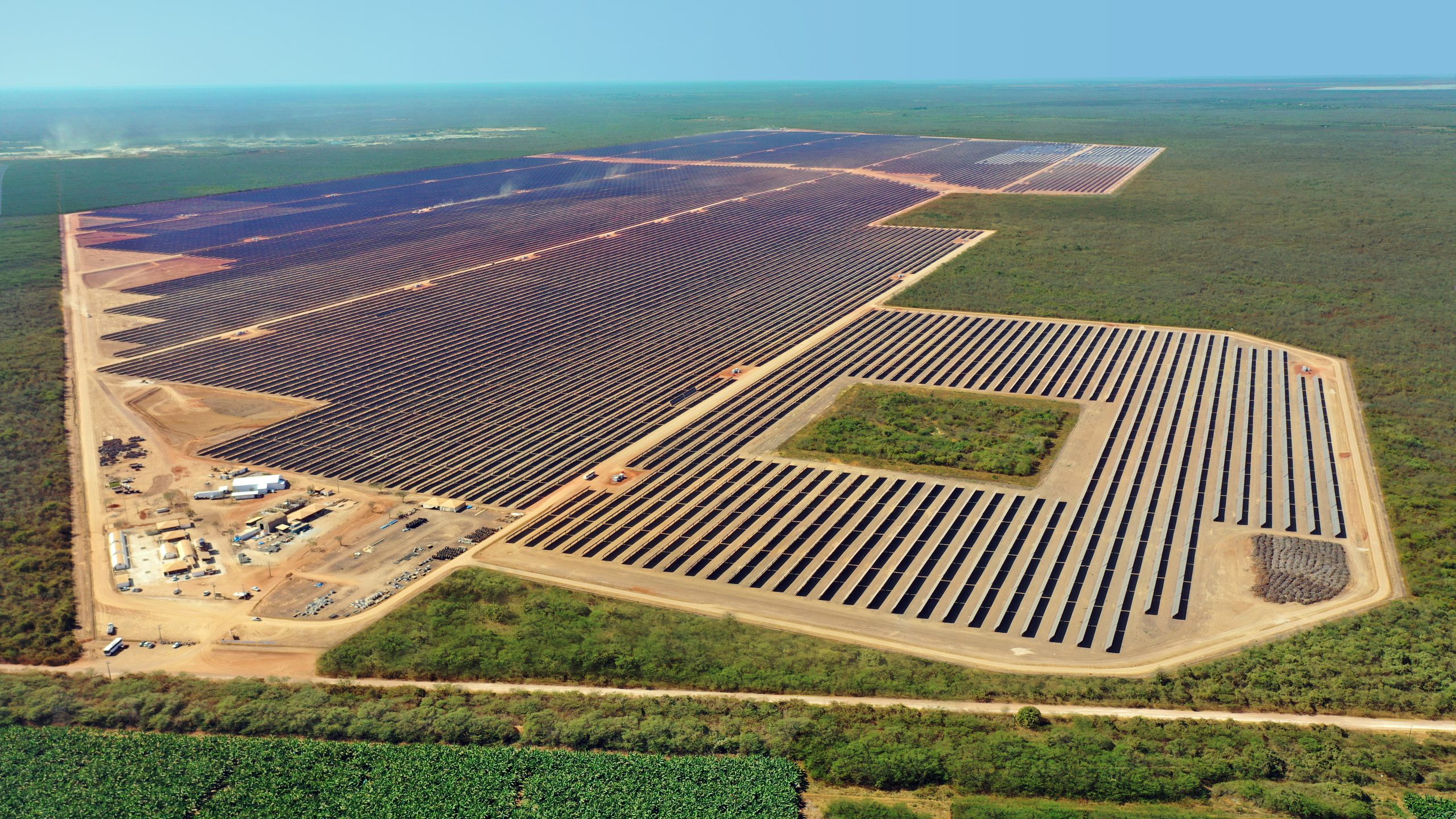
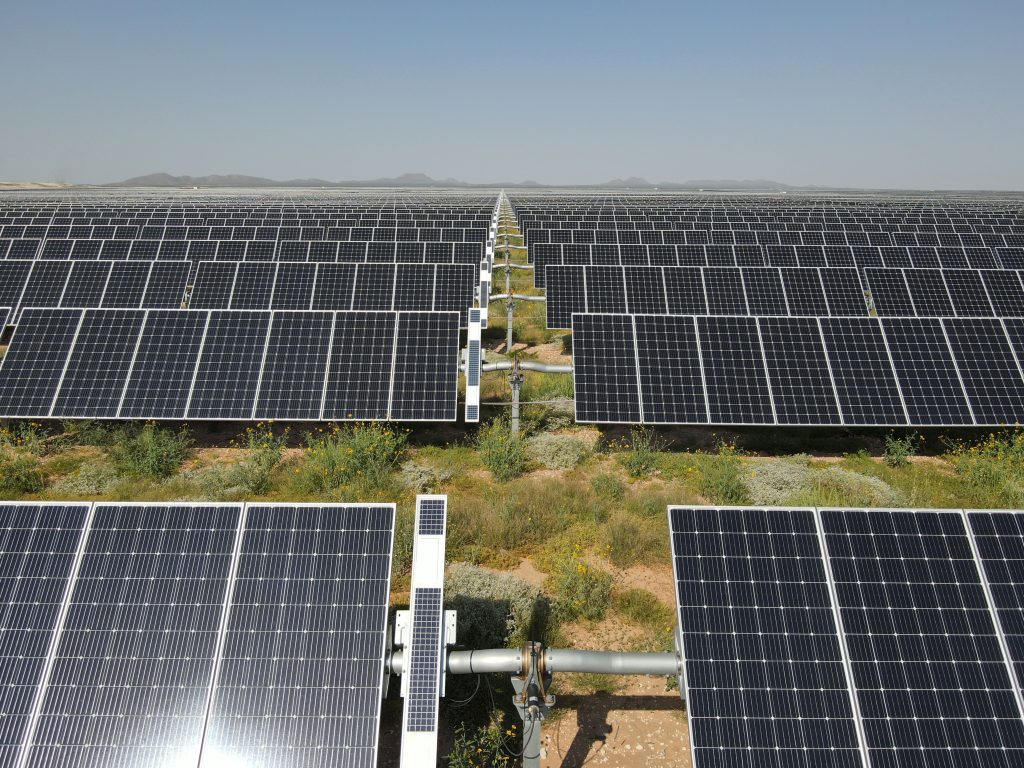

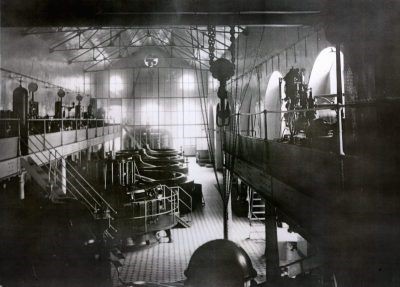





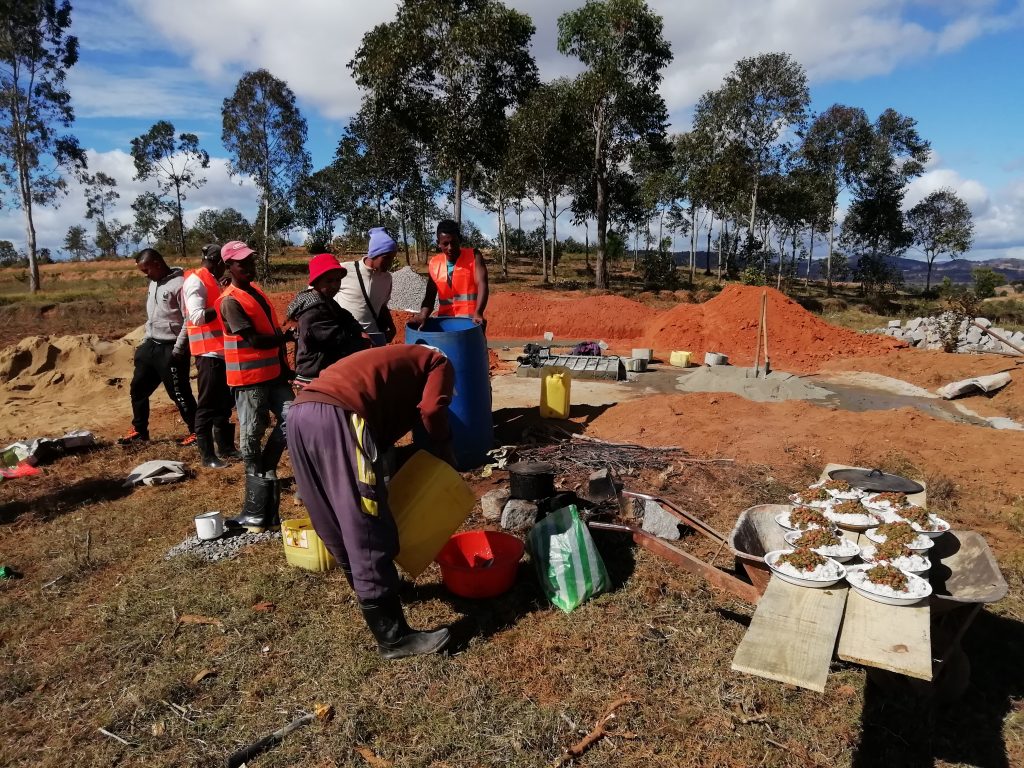
Electrification of a health centre and the installation of two water supply systems in the rural village of Alamarina, Madagascar. Funding for this project is secured (No funding for this project was raised through TrackMyElectricity©.)
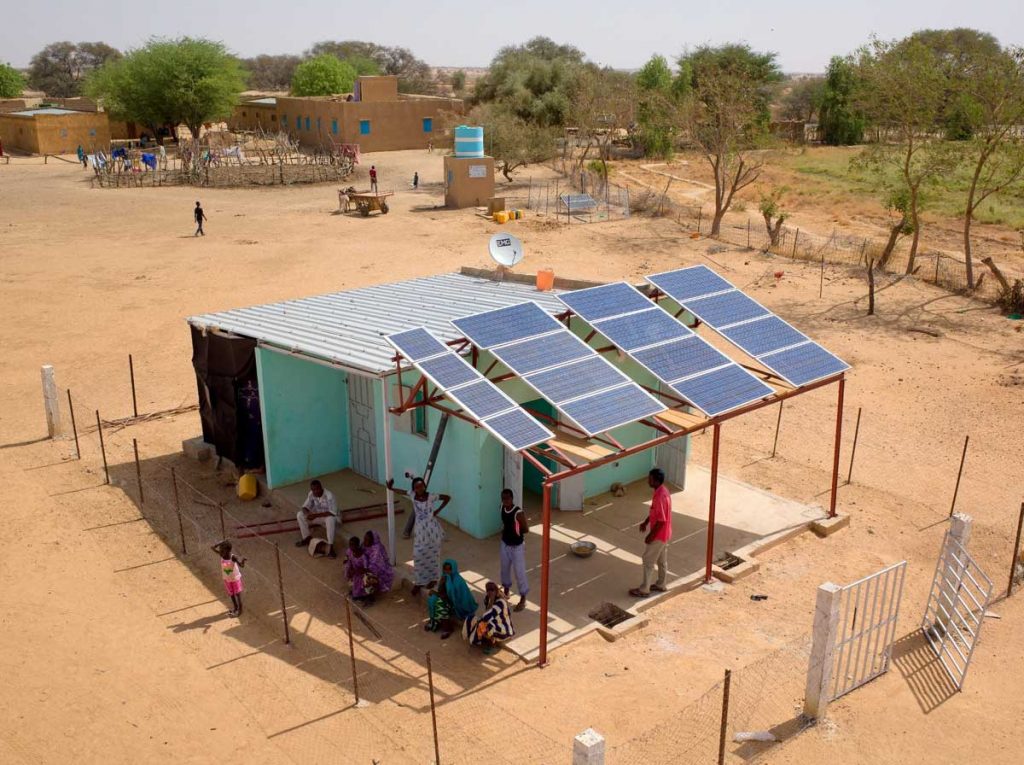
Installation of a multi-service platform based on solar energy specially designed for isolated rural areas in Madagascar.
The Project is fully funded.

Over 2 750 people in three villages in Surkhet, Nepal, are still living with the impact of the 2014 floods. The project aims to increase community resilience to economic and climatic stresses in this rural off-grid community through the use of innovative renewable energy technology.
Project funding is secured.
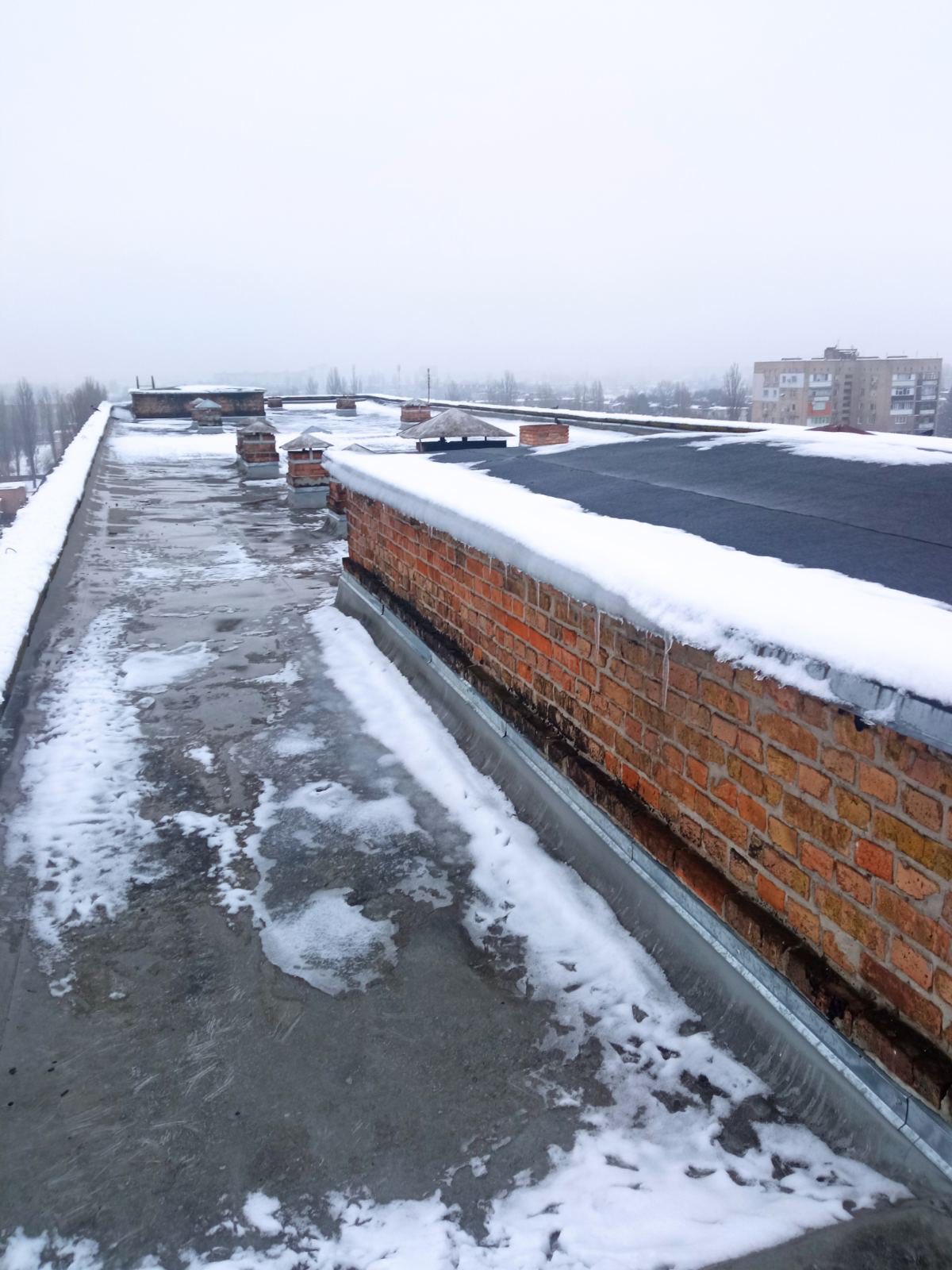
The project “Solar power for the Cherkasy third emergency hospital (Ukraine)” is part of the Solar Aid for Ukraine initiative. The solar panels will not only provide renewable and sustainable energy to an emergency hospital in the Ukrainian city of Cherkasy, but they will also result in significant savings for the hospital.